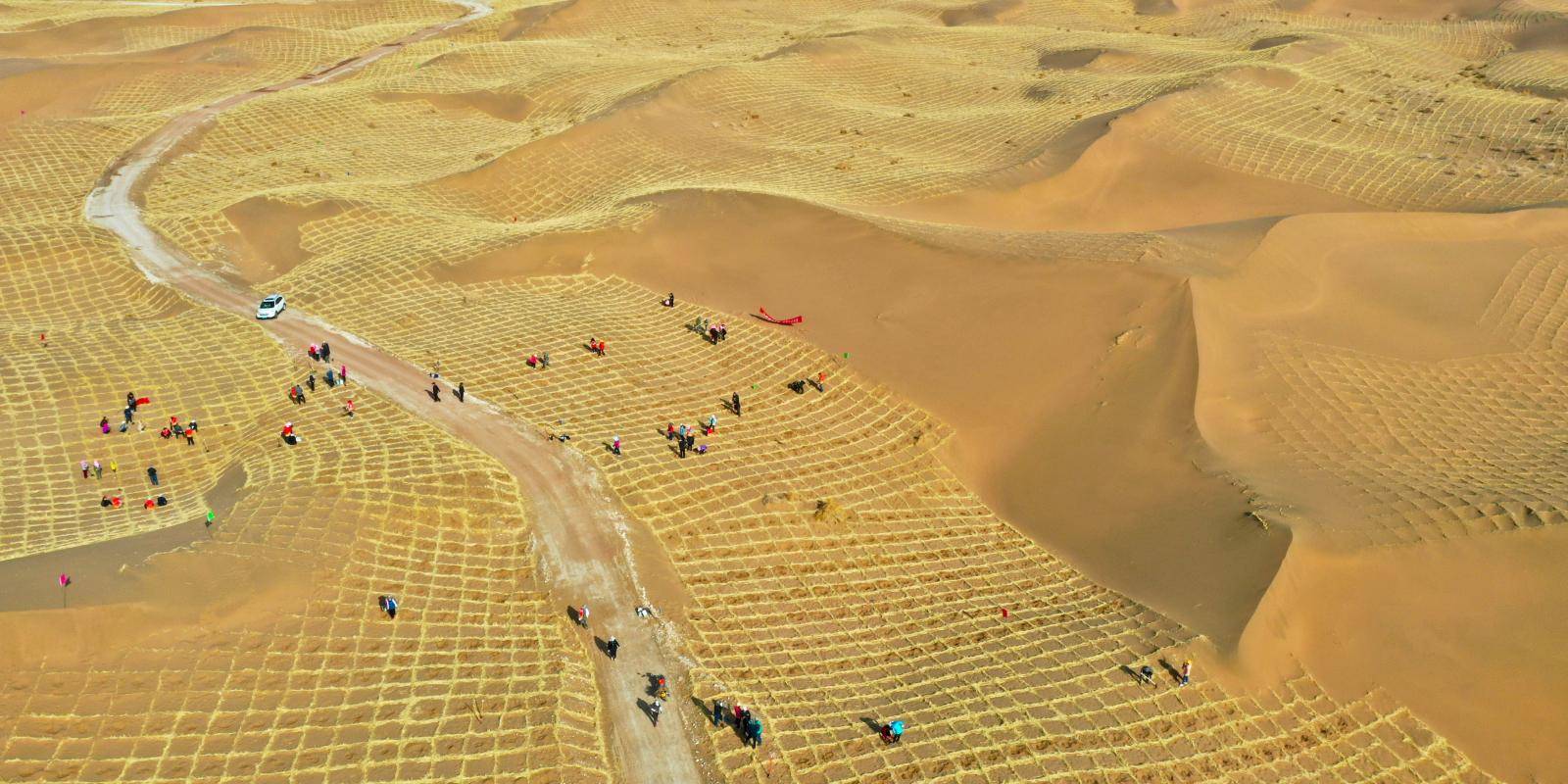
Egypt’s Minister of Environment, Dr. Yasmine Fouad, met with Mexican Ambassador Leonora Rueda Gutierrez to discuss strengthening bilateral and multilateral cooperation in tackling pressing environmental challenges, including desertification, biodiversity loss, and climate change.
The meeting, attended by Ambassador Raouf Saad, Advisor to the Minister for Multilateral Agreements, and a representative from the Ministry of Foreign Affairs, explored new pathways to deepen environmental collaboration between the two nations.
It comes at a pivotal moment, following Dr. Fouad’s appointment as Executive Secretary of the United Nations Convention to Combat Desertification (UNCCD), a role the Mexican ambassador praised as critical for countries facing escalating ecological threats.
“Egypt and Mexico share similar landscapes, challenges, and aspirations,” said Ambassador Gutierrez.
“We have full confidence in Dr. Fouad’s leadership in this vital global role.”
Dr. Fouad highlighted the historical cooperation between the two nations, particularly since Egypt assumed the presidency of the UN Biodiversity Conference (COP14) from Mexico in 2018.
That presidency saw the launch of a global initiative linking the Rio Conventions on biodiversity, climate, and desertification—an effort aimed at integrated environmental governance.
“The challenges we face—rising food prices, climate disruptions, biodiversity loss—make desertification a central issue,” Dr. Fouad noted.
“Despite being among the least responsible for climate change, Egypt and Mexico are paying a heavy price.”
She stressed that 2026 will be a “critical year” for reaffirming the credibility of multilateral environmental cooperation, given the upcoming UN summits on biodiversity, climate, and desertification.
Mobilizing funding through the Global Environment Facility and showcasing replicable success stories, she said, will be crucial for global progress.
The two leaders also explored opportunities to replicate Egypt’s model for nature-based solutions—cost-effective, scalable practices that tackle environmental degradation while improving livelihoods.
Egypt’s integrated waste management strategy, built on the circular economy model and spearheaded by the private sector, was discussed as a key example of transforming environmental problems into economic opportunities.
“Egypt’s legislative and infrastructure-based approach to waste management offers a blueprint we are eager to learn from,” said Ambassador Gutierrez.
“We see potential in adapting it to Mexico’s own environmental strategy.”
She emphasized Mexico’s commitment to environmental education and the modernization of traditional farming techniques to address both floods and desertification.
The meeting concluded with a shared commitment to building a strategic partnership between Egypt and Mexico—one rooted in shared values, parallel challenges, and a joint mission to drive sustainable development at both national and international levels.



